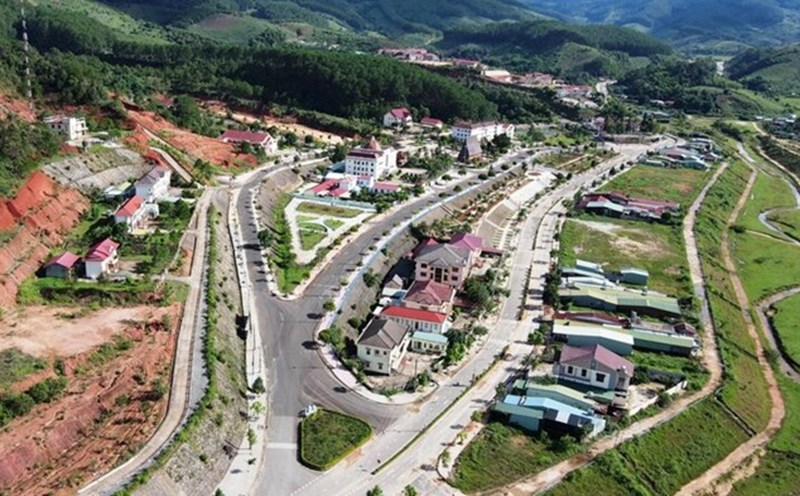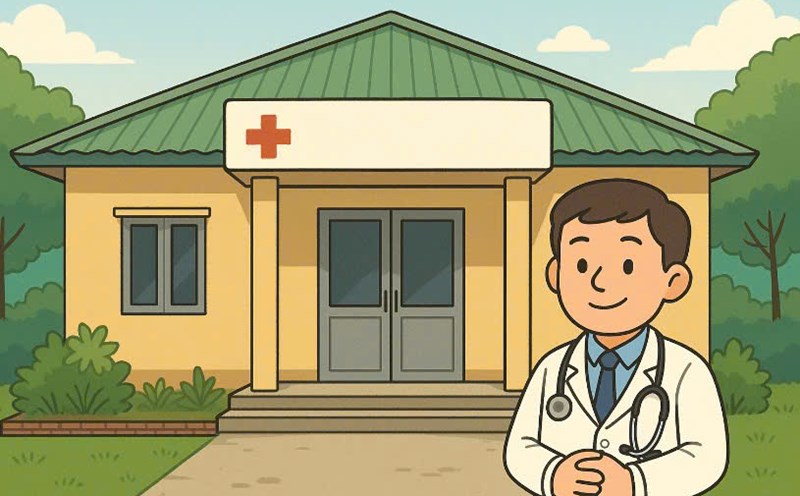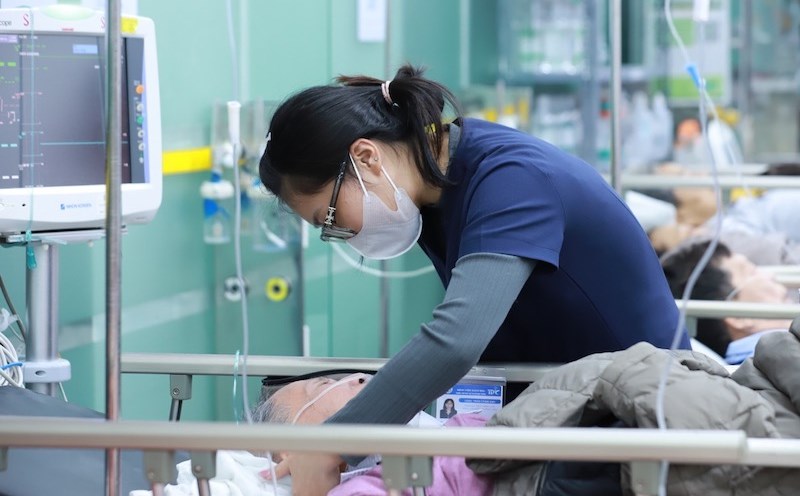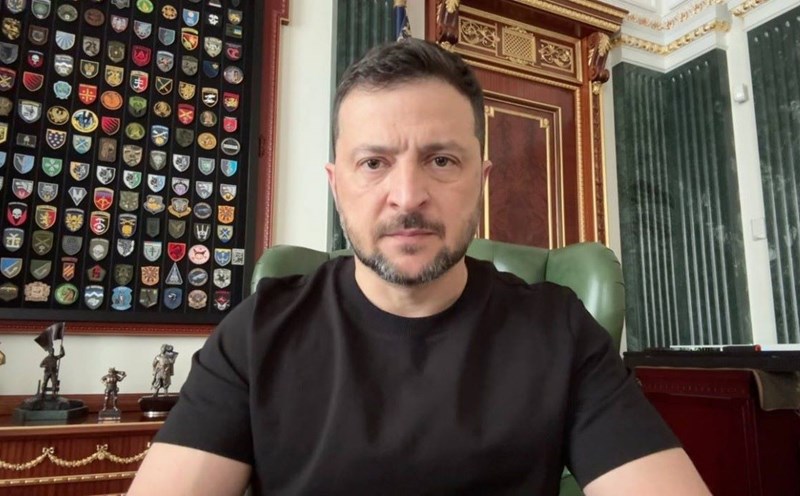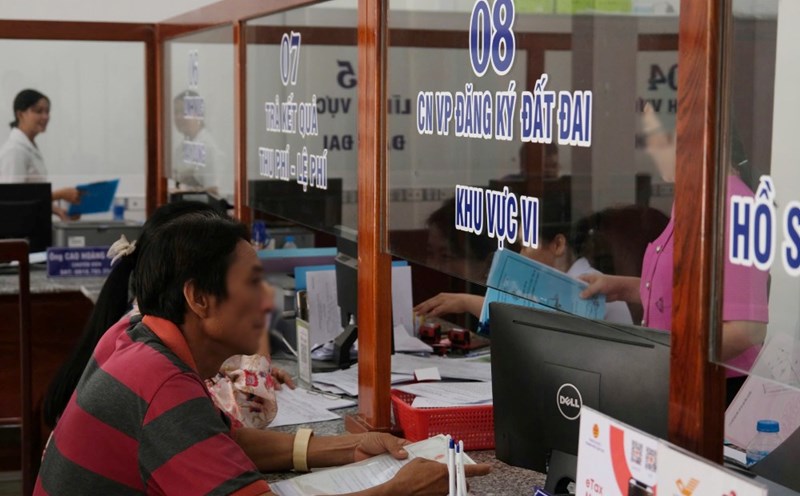Resolution 72-NQ/TW of the Politburo on a number of breakthrough solutions, enhancing protection, care and improving people's health has been issued.
To meet the urgent requirements of practice, the work of protecting, caring for and improving people's health is requiring strong innovation in both awareness and action. The goal is to build a healthy Vietnam, where all people are cared for, live long, live well, and live healthily; at the same time, raise awareness of disease prevention, contributing to promoting the country's strong, civilized and prosperous development.
According to the new orientation, the Politburo requires institutional improvement and focusing on improving the comprehensive capacity of the health system, especially preventive medicine and primary health care. In particular, the task of consolidating and improving the quality of commune health stations is considered the key. Commune health stations will have their functions and tasks improved, and their apparatus will be organized according to the model of public service units, ensuring adequate provision of disease prevention, primary health care, medical examination and treatment, and social care services.
Notably, in the period of 2025 - 2030, the goal is to rotate, rotate or transfer at least 1,000 doctors to work for a limited period at commune health stations each year. At the same time, localities will add a team of traditional medicine doctors, striving to have enough doctors according to their functions and tasks by 2030. Each station will be invested in enough basic medical equipment to meet the health care needs of people, especially in remote, isolated, border and island areas.
This policy is also associated with the implementation of a health care model according to the principles of family medicine, enhancing connectivity and professional support between levels. Regional health centers will play a role in providing disease prevention, examination and treatment for inpatients and outpatients at the basic level, ensuring people have timely access to services. At the same time, investment in developing medical facilities in disadvantaged areas and ethnic minority areas continues to be prioritized.
In addition, the health system will be streamlined and efficient, in line with the two-level government model. The Ministry of Health will only directly manage a number of specialized, high-tech hospitals with the function of training quality human resources, researching, transferring techniques and coordinating response to epidemics and disasters. Preventive medicine work has also been modernised, capable of monitoring, early warning and controlling epidemics, while expanding the Expanded Immunization Program.
The rotation of at least 1,000 doctors per year to commune health stations is expected to not only solve the shortage of human resources at the grassroots level but also contribute to improving the quality of primary health care, implementing management and health care for the entire population throughout life and improving the stature and physical strength of Vietnamese people in the new period.

